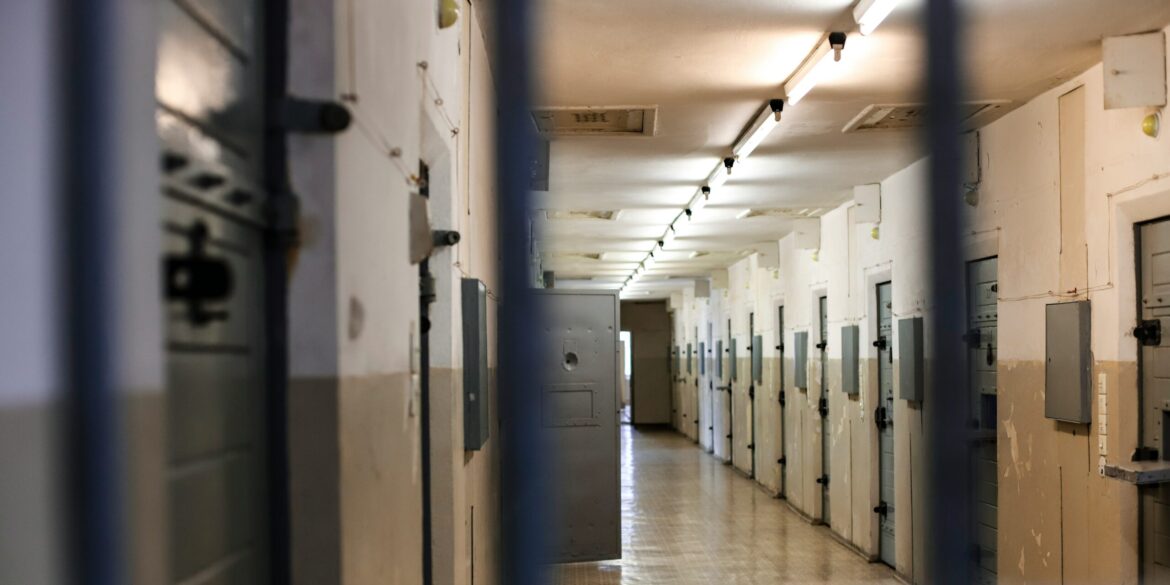A bipartisan coalition in Congress is pushing for comprehensive criminal justice reform, citing concerns over the fairness and effectiveness of the current system. In recent months, lawmakers from both sides of the aisle have come together to introduce legislation aimed at addressing issues such as sentencing disparities, prison overcrowding, and the rehabilitation of incarcerated individuals.
The push for reform is part of a growing movement to overhaul the criminal justice system, which many advocates argue disproportionately impacts marginalized communities. According to the American Civil Liberties Union (ACLU), Black Americans are incarcerated at more than five times the rate of white Americans, and the criminal justice system often perpetuates racial disparities in sentencing. The current administration has signaled its support for reform, with President Biden emphasizing the need to address systemic inequalities.
The proposed legislation includes several key provisions aimed at reducing mass incarceration and promoting rehabilitation. One of the most significant aspects of the bill is a proposal to reduce mandatory minimum sentences for nonviolent drug offenses. This would allow judges greater discretion in sentencing, enabling them to take into account the individual circumstances of each case.
Another provision of the bill focuses on improving conditions in federal prisons. Prison overcrowding has been a persistent problem, with many facilities operating at or above capacity. Advocates argue that overcrowded prisons contribute to violence and make it more difficult for incarcerated individuals to access educational and vocational programs that could help them reintegrate into society after their release.
The reform bill also includes measures to expand rehabilitation programs, including job training, educational opportunities, and mental health services for individuals incarcerated in federal prisons. These programs are seen as essential for reducing recidivism rates and helping formerly incarcerated individuals rebuild their lives.
While the reform bill has received support from both Democrats and Republicans, it has also faced opposition from some conservative lawmakers who argue that the proposed changes could lead to the release of dangerous criminals. Opponents of the bill argue that the focus should be on ensuring that law enforcement has the tools it needs to keep communities safe, rather than reducing penalties for certain offenses.
Despite the opposition, the movement for criminal justice reform continues to gain momentum. Public opinion on the issue has shifted significantly in recent years, with many Americans now supporting measures to reduce incarceration and address racial disparities within the justice system. The success of the reform bill could pave the way for similar efforts at the state level, where many legislatures are also considering changes to their criminal justice systems.
As Congress continues to debate the proposed reforms, the broader conversation about criminal justice in America is far from over. Advocates for reform argue that the time is now to make meaningful changes to a system that has long been criticized for its inequities. The outcome of this legislative push could have a profound impact on the future of criminal justice in the United States.

